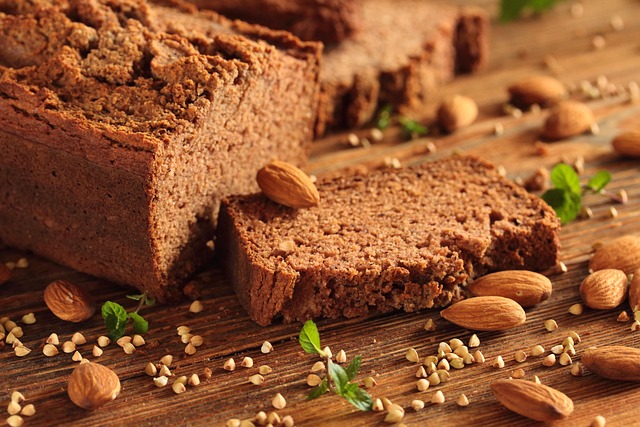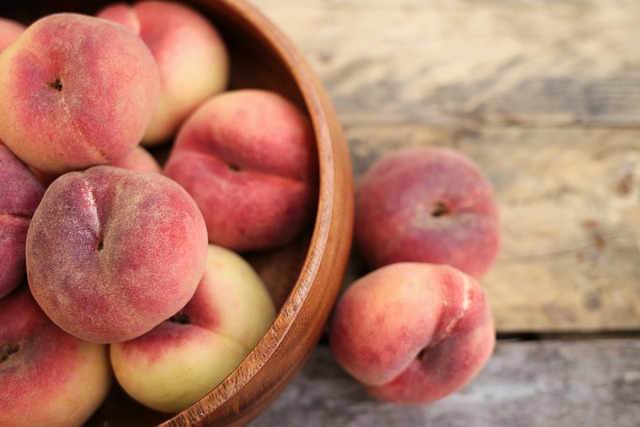Adopting a healthier lifestyle is a journey laden with choices, and one of the transformative paths many are taking is the gluten-free diet. Often perceived as a trend, it is, in fact, a profound shift towards health and well-being that resonates deeply with countless individuals. By eliminating gluten, a protein found in wheat, barley, and rye, people with gluten sensitivities or celiac disease can significantly improve their health. However, even those without these conditions are discovering the myriad benefits that a gluten-free diet can offer.
A gluten-free diet emphasizes healthy nutrition, pushing individuals to explore a diverse range of food options. It encourages a shift away from heavily processed foods laden with gluten, promoting whole grains such as quinoa, brown rice, and buckwheat. This rich variety of grains is not only easy on the digestive system; it also provides essential nutrients and is often higher in fiber. As you embark on this dietary journey, what you’re really embracing is a lifestyle that prioritizes nutrition and well-being.
The benefits extend beyond just digestive health. Many report increased energy levels and improved mental clarity after switching to a gluten-free diet. This transformation can be attributed to the incorporation of nutrient-dense foods that nourish the body and fuel the mind. Fresh fruits and vegetables, lean proteins, and healthy fats become staples in a balanced, gluten-free meal plan, promoting overall health and vitality.
Moreover, as you dive deeper into this lifestyle, you’ll find the creative culinary possibilities are endless. Experimenting with gluten-free recipes opens up doors to explore new cooking techniques and flavors that may have been overlooked. From delightful gluten-free pastas made from brown rice to scrumptious desserts using almond flour, eating gluten-free is an exciting way to reinvigorate your palate. This culinary adventure not only supports healthy nutrition but also reinforces your commitment to a wholesome lifestyle.
There are also profound emotional benefits to consider. The act of prioritizing your health can boost self-esteem and instill a sense of control over your well-being. As you actively choose foods that align with your health goals, you cultivate a more positive relationship with food, seeing it not merely as sustenance but as a means to nourish your body and soul. In many ways, adopting a gluten-free diet is about embracing a new mindset—one that values health, nourishment, and intentionality.
The social aspect is worth highlighting as well. More restaurants and grocery stores are catering to gluten-free eaters, making it easier than ever to enjoy meals out or to shop for gluten-free products. This societal shift reflects a growing understanding and acceptance of dietary needs, fostering a community of support among those choosing healthier lifestyles. By connecting with others on this journey, you can share tips, recipes, and encouragement, further enhancing your experience.
Ultimately, the transition to a gluten-free diet is not just about food; it’s about embracing a healthier lifestyle that encompasses mind, body, and spirit. Prioritizing healthy nutrition opens a pathway to wellness that positively impacts all aspects of life. Empower yourself to break away from old habits and make choices that resonate with your health goals. The gluten-free journey awaits, and it’s one filled with delicious discoveries and boundless possibilities.




